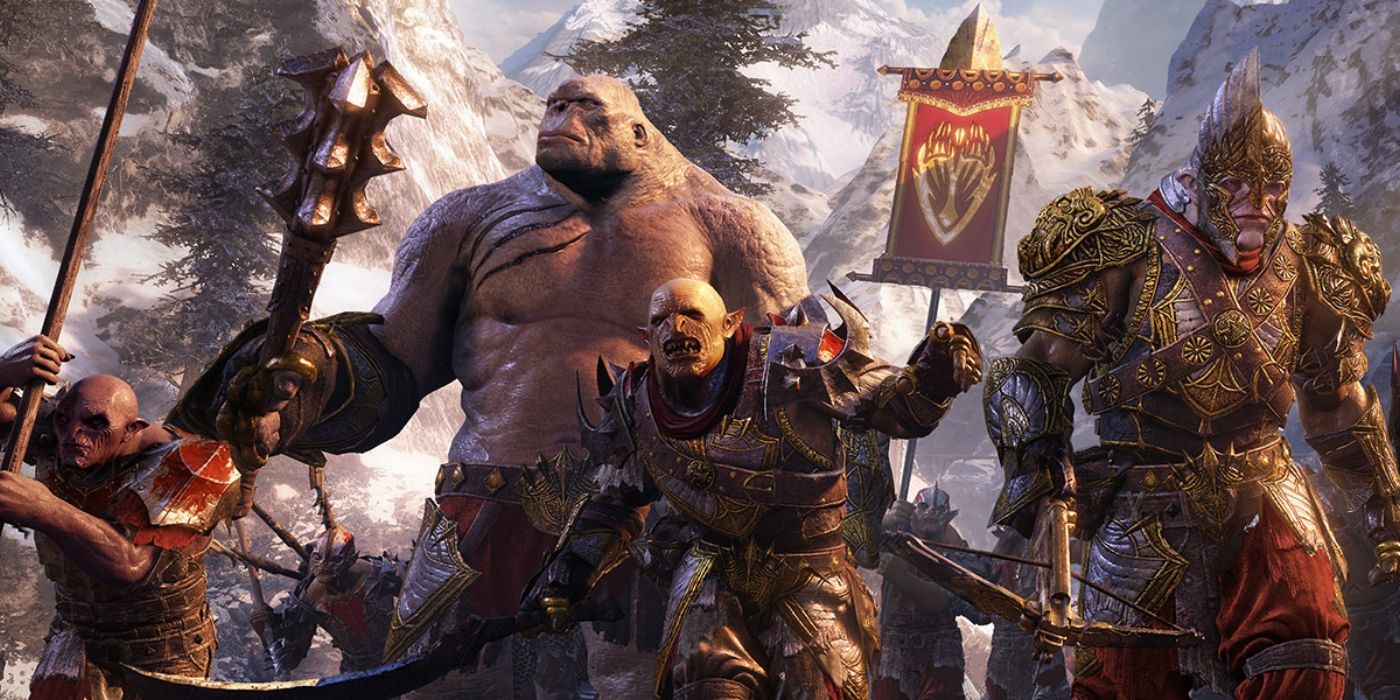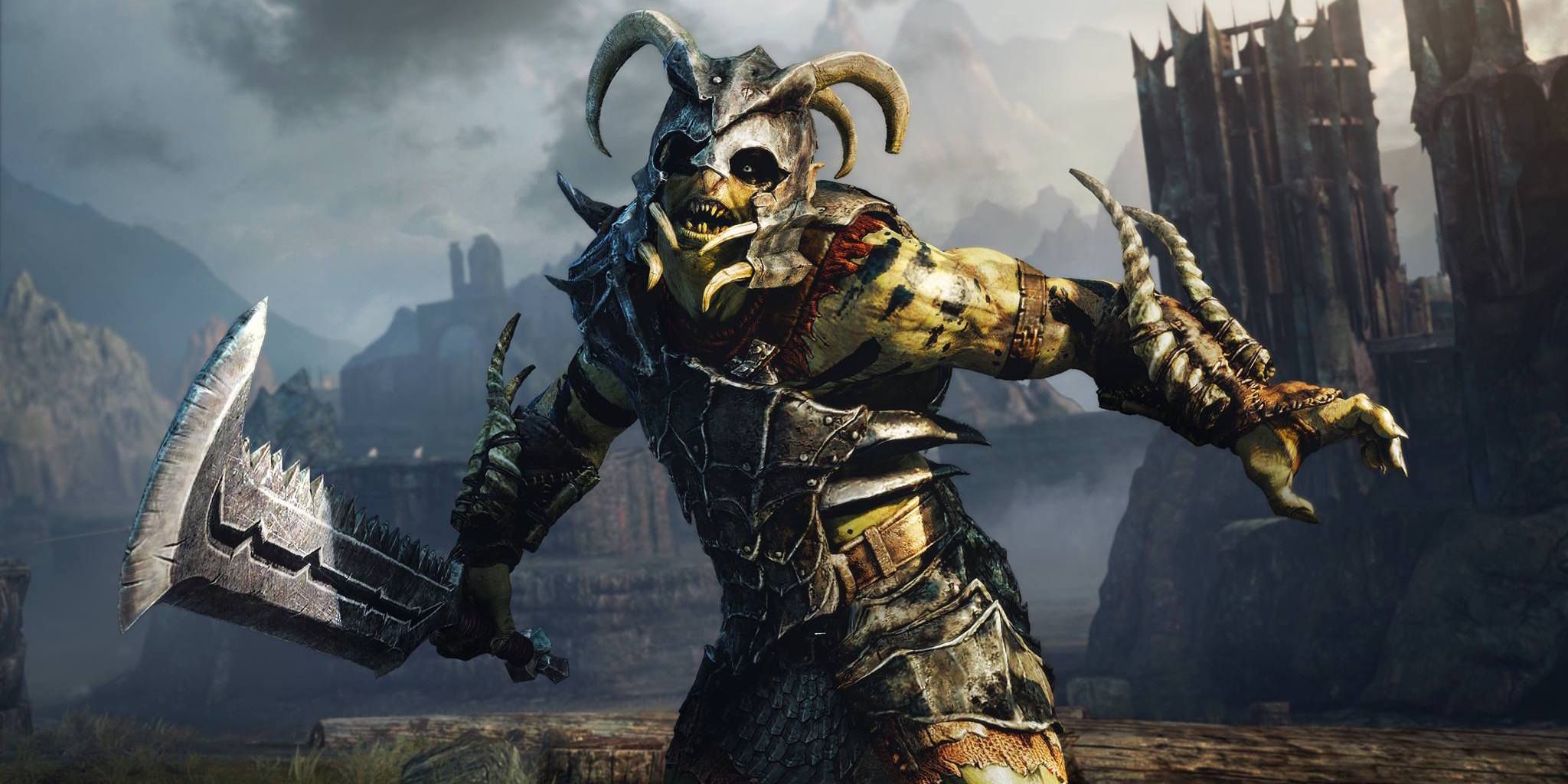Shadow of Mordor's Nemesis System was a revolutionary design idea that gave the game a unique identity and was widely praised by fans and critics alike. The story of the ranger Talion isn't revolutionary in any regard, but the Nemesis System helped every player have a unique experience
It's baffling that in the years since Shadow of Mordor no other games have tried to incorporate the Nemesis System, and unfortunately, now they never will. After a long legal battle, WB Games has secured a patent for the Nemesis System, meaning they now have exclusive use of it.
Securing a patent for a design feature can be a bit tricky, especially in terms of what infringes upon it and what doesn't. At the very least, however, it means other developers will run into major roadblocks trying to create something similar.
Patenting the Nemesis System Squashes the Potential for Creativity
Video games, as a medium, develop through iteration and trial-and-error. Every idea or design feature only gets better as more developers iterate on them, or add their own unique ideas into the mix. This is exactly how the open-world genre has developed so well, and the advancement of the genre can practically be mapped with specific games like Oblivion, Grand Theft Auto V, The Witcher 3, and Breath of the Wild. Each of these games brought something new and unique to the idea of an open-world and made the genre better for it.
WB patenting the Nemesis System restricts that exact thing from happening and keeps a wealth of talent from bringing fresh ideas in. There's really nothing positive to be gained from this happening, outside of WB being able to capitalize on the system and monetize it. It's, unfortunately, not the first time something like this has happened as all the way back in 1998 Namco successfully filed a patent on "auxiliary games" in loading screens. Essentially what this meant was that Namco had exclusive rights to putting minigames in loading screens, which is the reason why, for decades, loading screens were so boring and static. The patent finally expired in 2015, allowing developers to become a bit more creative with loading screens.
While WB and Monolith Productions will, no doubt, keep developing the Nemesis System, there's a lot of uniqueness that will be squashed because of the patent. Other games could put the system to brilliant use, and big studios can still try to get a license from WB. What this really restricts, however, are indie developers who won't be able to afford a license but want to use the idea. Indie games are often where some of the most revolutionary ideas come from, and they're often willing to try and break the mold where triple-A games won't. That's not to say a big studio can't bring fresh ideas, but by cutting down on the pool of potential developers, the overall chances of a big revolutionary idea go down.
The Nemesis System will carry on no matter what, but the patent is a decision that reminds everyone about the priority of games as a business, and not as a creative medium.


